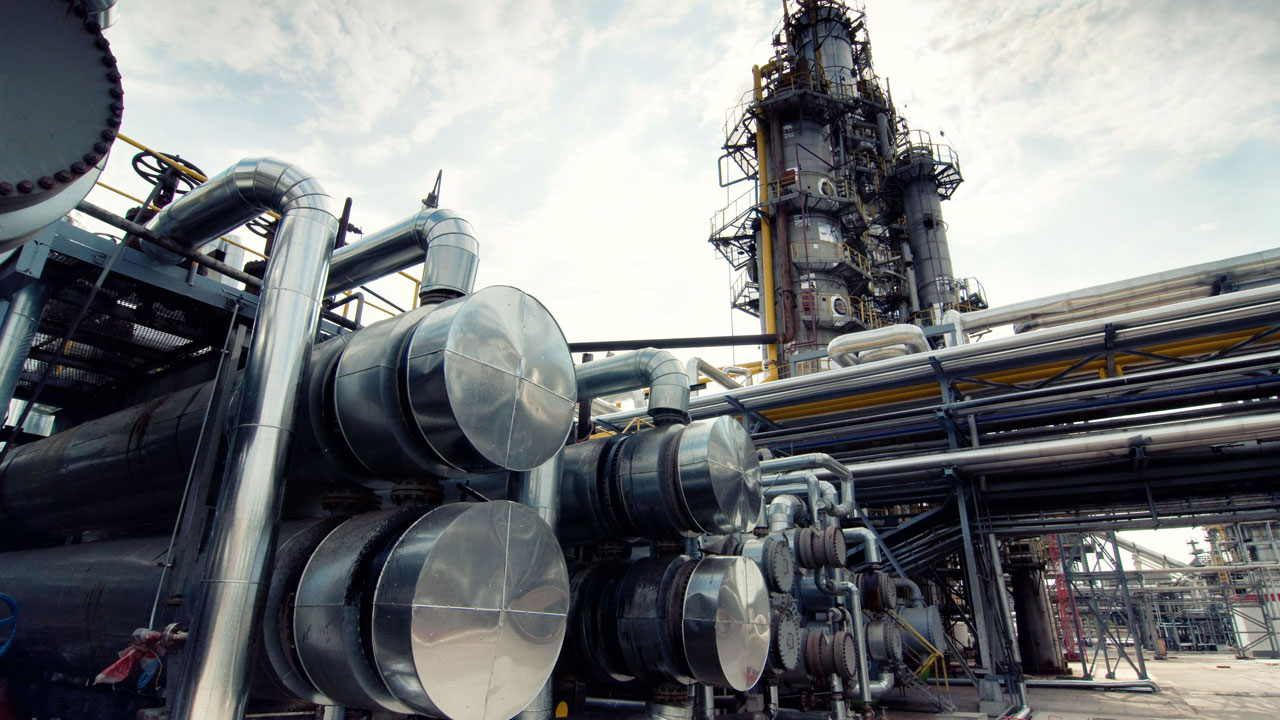- Nigeria’s Petrol Import Drops by Nine Million Litres in 2016
The volume of importation of Premium Motor Spirit (PMS) also called petrol, dropped from 14 billion litres in 2015, to 4.89 billion litres in 2016, according to the National Bureau of Statistics (NBS).
The difference in the volume of petrol import in the country was only possible through federal government’s ongoing reform of the downstream sector, which eliminated fraud in the system.
At the pump price of N145 per litre, Nigeria effectively saved a whopping N1.3 trillion from the nine billion litres dip in importation.
Analysts believe that import volumes can be drastically reduced even further, if government revamped the local refineries, while new ones are underway.
With the five existing refineries performing below their installed capacities, Nigeria currently imports more than 90 per cent of her domestic fuel needs estimated at over N3 trillion annually, almost half of the national budget.
For decades the country has struggled with getting the refineries to work at optimum capacity without much success, as the turnaround maintenance (TAM) for the refineries were abandoned for almost the same length of time, which plunged them into the current state of dilapidation.
But the Nigerian National Petroleum Corporation (NNPC), owners of four of the refineries, has promised to get them to work to at least 60 percent of their installed capacity this year, amid serious scepticism, while the fifth refinery, a private plant of just 1,000 barrels daily only produces automotive gas oil (AGO) or diesel.
The Minister of State for Petroleum Resources, Dr. Ibe Kachikwu, had earlier disclosed that the present administration was able to block unaccounted fraud impacted volume for petrol in 2016, which is nearly 40 per cent of the country’s consumption.”
Savings from fraud-impacted volume, Kachikwu said, could be directed toward infrastructure development in the country’s downstream sector.
According to him, “We noticed that the consumption of PMS has shifted from over 50 million litres a day to about 28 million per day. This means we have been able to take away unaccounted fraud impacted volume of petrol, which is nearly 40 per cent of the country’s consumption.”
Meanwhile, the NBS report the highest importation of petrol in May 2016, with 2.02billion litres worth N249.88billion.
This coincided with the Federal Government’s announcement of the partial deregulation of the PMS sub-sector on May 11, 2016, aimed at improving its supply nationwide.
Statewide distribution of truck-out volume for Q4 2016, showed that 4.83billion of PMS, 1.00 billion litres of AGO and 182.95 million litres of kerosene were distributed nationwide during the period under review.
Specifically for the Q4 2016, 4.83billion litres of PMS, 1.00 million litres of AGO and 182.9 million litres of HHK, valued at N629.6billion, N136.1billion and N24.7billion respectively, were imported into the country.
The Group Managing Director of NNPC, Dr Maikanti Baru, revealing his strategy to achieve 60 percent capacity utilisation, said: “We are putting together various programmes to ensure that we achieve at least 60 per cent local refining by the end of this year. It is the procedure or methodology that we are changing a little bit, we are focusing on the process licensors to come and audit our processes and they have already started auditing most of our process units in the various refineries.



 Naira4 weeks ago
Naira4 weeks ago


 Naira3 weeks ago
Naira3 weeks ago


 News4 weeks ago
News4 weeks ago
 Travel4 weeks ago
Travel4 weeks ago




 Naira4 weeks ago
Naira4 weeks ago
 Naira3 weeks ago
Naira3 weeks ago


 Jobs3 weeks ago
Jobs3 weeks ago


 Travel3 weeks ago
Travel3 weeks ago




















